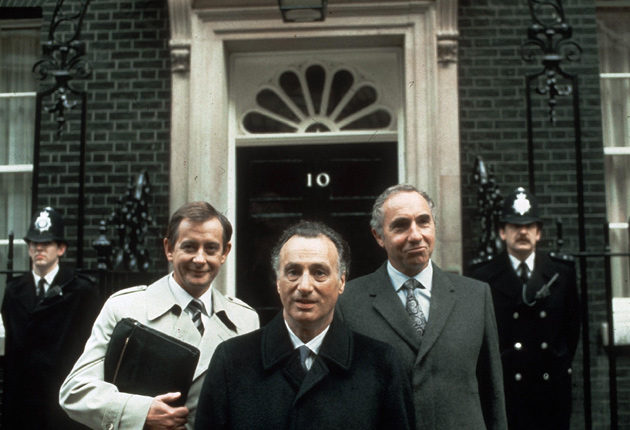New figures published by the Office of National Statistics this morning reveal one in three “shielders” do not feel at all comfortable about working outside of their home.
The findings show: Approximately one-third (196,000, 32%) of CEV (clinically extremely vulnerable) people who normally work said they were not at all comfortable with working outside the home, compared with 24% (estimated 151,000) who were completely comfortable and 44% (estimated 276,000) who were comfortable if either they or their employer could put protective measures in place.
• Most of those who were planning to return to work outside the home were comfortable doing so if they or their employer could put protective measures in place (an estimated 120,000).
• Around 1 in 10 (11%, an estimated 22,000) CEV people who are not at all comfortable with working outside the home said they would not be returning to work.
Disability equality charity Scope has commented on the figures.
James Taylor, executive director of strategy, impact and social change at disability equality charity Scope, said:
“These figures show there’s a disability employment crisis waiting to happen, as huge numbers of people at higher risk from the virus remain unconvinced about the safety of returning to work.
“While some of those clinically most at-risk say they feel comfortable returning to their workplace if protective measures are in place[1], we’re concerned many people could be forced to return to work without adequate arrangements in place.
“Changing guidance so returning to the workplace is at employers’ discretion could put many disabled people in an impossible position, stuck between protecting their health and paying the bills.
“Scope’s own research found only 5 per cent of disabled people feel safe about shielding changes[2]. Shielding has paused, yet disabled people’s anxiety about coronavirus has no pause button.
“The government must ensure disabled people’s rights are protected, and prove they haven’t forgotten about disabled people.
“This must include publishing the National Disability Strategy, something committed to at the start of the year. We need this strategy and plan to protect the rights of disabled people now more than ever.”
Scope is leading a coalition of campaigners in an open letter to Prime Minister Boris Johnson calling for urgent action to prioritise the needs of the UK’s 14 million disabled people, who have been amongst the hardest hit by the coronavirus pandemic but largely forgotten.
• Research from Scope[2] carried out as part of our We Won’t Be Forgotten campaign, found that:
• Half of disabled people feel anxious about shielding being paused and only 5 per cent of disabled people feel safe about shielding being paused
• 67 per cent of disabled people think the government’s plans for easing lockdown did not take their needs into consideration
• 56 per cent of disabled people will only leave home for essentials or medical appointments in the next month
• Almost a third (30 per cent) of disabled people will not leave home when lockdown ends
• One in five will not leave home until there is a vaccine or effective treatment.
• 59 per cent of disabled people say they are concerned about feeling forgotten by the government
• 50 per cent of disabled people feel anxious about shielding being paused and only 5 per cent feel safe
• 41 per cent think life will be worse for disabled people after the pandemic and a third think that disabled people are less likely to be treated equally.
Also See : Coronavirus and shielding of clinically extremely vulnerable people in England: 9 July to 16 July 2020
